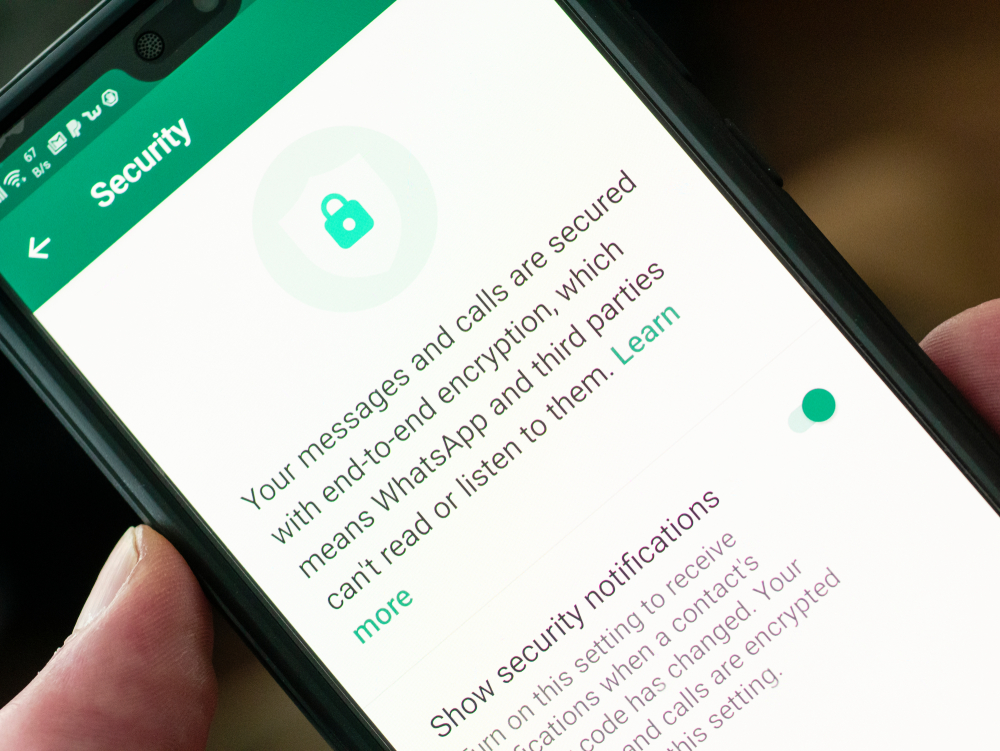Versatile worm infects IM clients
A new type of malware speaks many tongues, as it crawls around instant messaging services.

Kaspersky Lab has found a new breed of computer worm that spreads through instant messaging (IM) clients. These include Yahoo Messenger, Skype, Paltalk Messenger, ICQ, Windows Live Messenger, Google Talk and the XFire client used by online gamers.
The research team have found four variants which affect Windows systems. When one of these worms, generically named IM-Worm.Win32.Zeroll, infects a client, it searches for the contact list and sends itself in disguise to all the addressees. The recipient sees a message from the infected machine with a link to an image which turns out to be a malicious file.
A distinctive feature of the worm is it can send a message in one of 13 different languages to fool the recipient. Though the languages include English and German, Kaspersky has found it to be mainly active in countries where Spanish or Portuguese is spoken: Mexico, Brazil, Peru and the US.
The team also noted that it now appeared to be spreading to Africa, India and Europe, especially Spain.
Each worm acts as a backdoor and contacts a command and control centre. A hacker can then orchestrate the attack by classifying all of the infected systems according to country and IM client. This determines which commands should be sent and indicates the local language, which could be useful for distributing targeted spam.
Kaspersky claimed the hackers were creating a malware asset.
"They are infecting as many machines as they can in order to get good offers from other crooks for such things as pay per install, spam and so on," said Dmitry Bestuzhev, Kaspersky Lab's regional expert for Latin America.
Get the ITPro daily newsletter
Sign up today and you will receive a free copy of our Future Focus 2025 report - the leading guidance on AI, cybersecurity and other IT challenges as per 700+ senior executives
-
 Bigger salaries, more burnout: Is the CISO role in crisis?
Bigger salaries, more burnout: Is the CISO role in crisis?In-depth CISOs are more stressed than ever before – but why is this and what can be done?
By Kate O'Flaherty Published
-
 Cheap cyber crime kits can be bought on the dark web for less than $25
Cheap cyber crime kits can be bought on the dark web for less than $25News Research from NordVPN shows phishing kits are now widely available on the dark web and via messaging apps like Telegram, and are often selling for less than $25.
By Emma Woollacott Published
-
 Signal hires former Google manager Meredith Whittaker as first president
Signal hires former Google manager Meredith Whittaker as first presidentNews An outspoken critic of the dangers of AI, Whittaker promises to keep Signal users out of tech giants' "surveillant gaze"
By Rory Bathgate Published
-
 What should we do about encrypted messaging apps?
What should we do about encrypted messaging apps?In-depth From WhatsApp to Telegram to Signal, the growth in use of end-to-end encryption messaging apps is soaring. But do their positives outweigh the risks of them being used by 'bad actors'?
By Jonathan Weinberg Published
-
 Hackers are using fake messages to break into WhatsApp accounts
Hackers are using fake messages to break into WhatsApp accountsNews Hackers are posing as friends to gain users' trust
By Rene Millman Published
-
 Blue Coat ProxyOne Appliance review
Blue Coat ProxyOne Appliance reviewReviews Blue Coat's new ProxyOne Appliance provides enterprise-level web security for SMBs with limited IT expertise. Blue Coat claims installation is a simple six-step process with minimal ongoing maintenance. We put it to the test to see how well it performs and if it really is easy to use.
By Dave Mitchell Published
-
 Cisco adds Jabber instant messaging
Cisco adds Jabber instant messagingNews Cisco's newly announced Jabber support should make instant messaging easier for its customers.
By Alan Lu Published
-
 Tricksters getting testy with IQ scams
Tricksters getting testy with IQ scamsNews Trend Micro has reported on the proliferation of spam using IQ tests as a lure.
By Tom Brewster Published